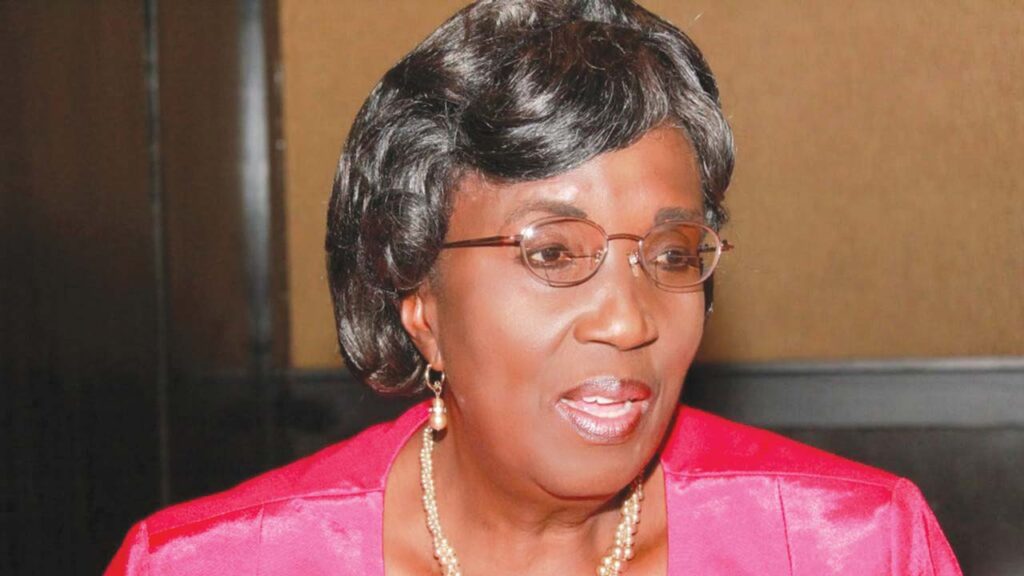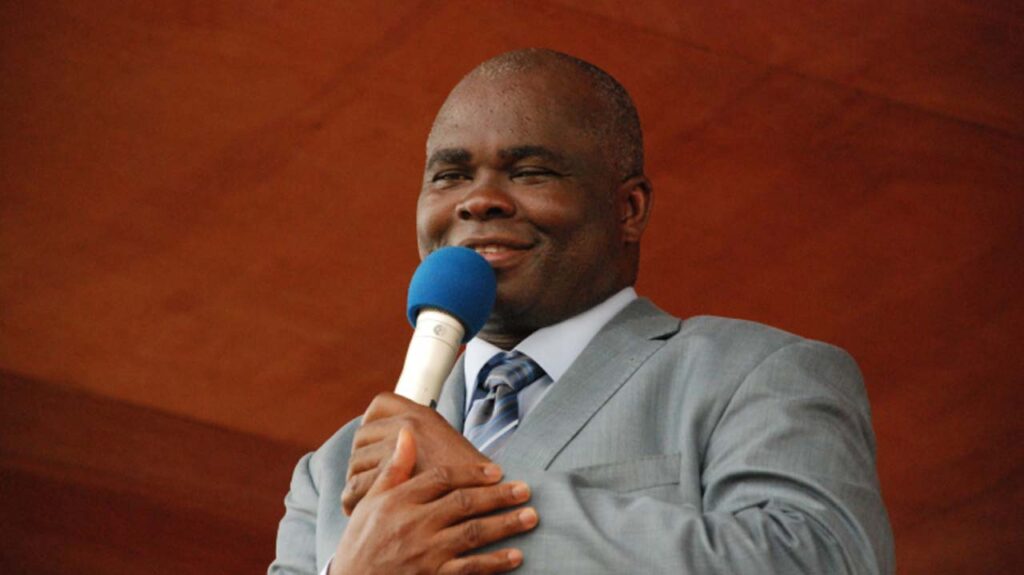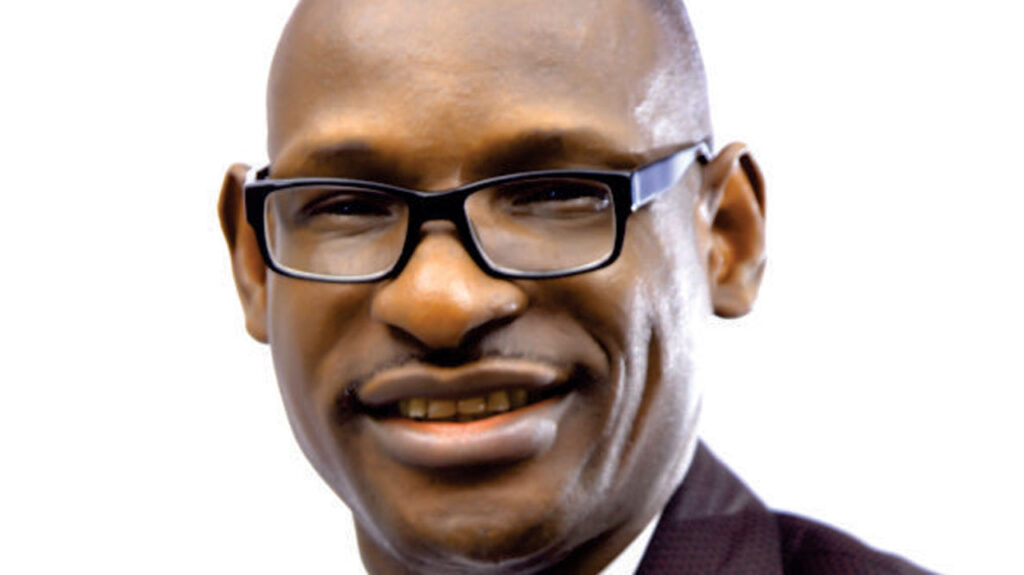
“The Lord also has put away your sin.”
God forgave David his sin in that the death penalty and eternal punishment were remitted (cf. 1John 3:15); thus, David was restored to salvation and fellowship with God (cf. Ps 51). In spite of this, his reputation was forever blemished and the effects of his sin continued throughout the remaining days of his life and family history.
David’s experience after he was forgiven and restored is a sober lesson for those who casually treat sin as something that God simply forgives and forgets. For the rest of David’s life, he was an example of God’s righteousness judgment on a spiritual leader who had sinned greatly.
David confessed and repented of his sin (12:13), but God’s judgment was that his child would die. The consequences of David’s sin were irreversible. Sometimes an apology is not enough. When God forgives us and restores our relationship with Him, He doesn’t eliminate all the consequence of our wrongdoing. We may be tempted to say, “If this is wrong, I can always apologise to God,” but we must remember that we may set into motion events with irreversible consequences.
(9) Due to taking Holy Communion “in an unworthy manner”
“Therefore whoever eats this bread or drinks this cup of the Lord in an unworthy manner will be guilty of the body and blood of the Lord. 29For he who eats and drinks in an unworthy manner eats and drinks judgment to himself, not discerning the Lord’s body. 30For this reason many are weak and sick among you, and many sleep” (1Cor. 11:27, 29, 30)
11:27 “Unworthy,” Gk anaxios means “in an unworthy, improper or careless manner.” Because the Lord’s Supper took place initially in connection with a Passover meal, the Corinthians continued to observe it with a meal. It seems the same spirit of division that Paul deals with in the first part of the letter came into these so-called “love feasts.” Some were gorging themselves and offering anything to the poorer members of the congregation (v.22). Thus, they were doing something unworthy of Jesus’ love on the cross, which was what was being remembered and celebrated. So, Paul told them to wait for one another; that is, wait until they could let the love of Christ fill their hearts for each other. Then, they could partake of the Lord’s Supper in a worthy manner.
11:27-34 When Paul said that no one should take the Lord’s Supper in an unworthy manner, he was speaking to the church members who were rushing into it without thinking of its meaning. Those who did so were “guilty of the body and blood of the Lord.” Instead of honouring his sacrifice, they were sharing in the guilt of those who crucified Christ.
•Email:mercyolumide2004@yahoo.co.ukwww.thebiblicalwomanhood.com Mobile: +234 803 344 6614; +234 808 123 7987











